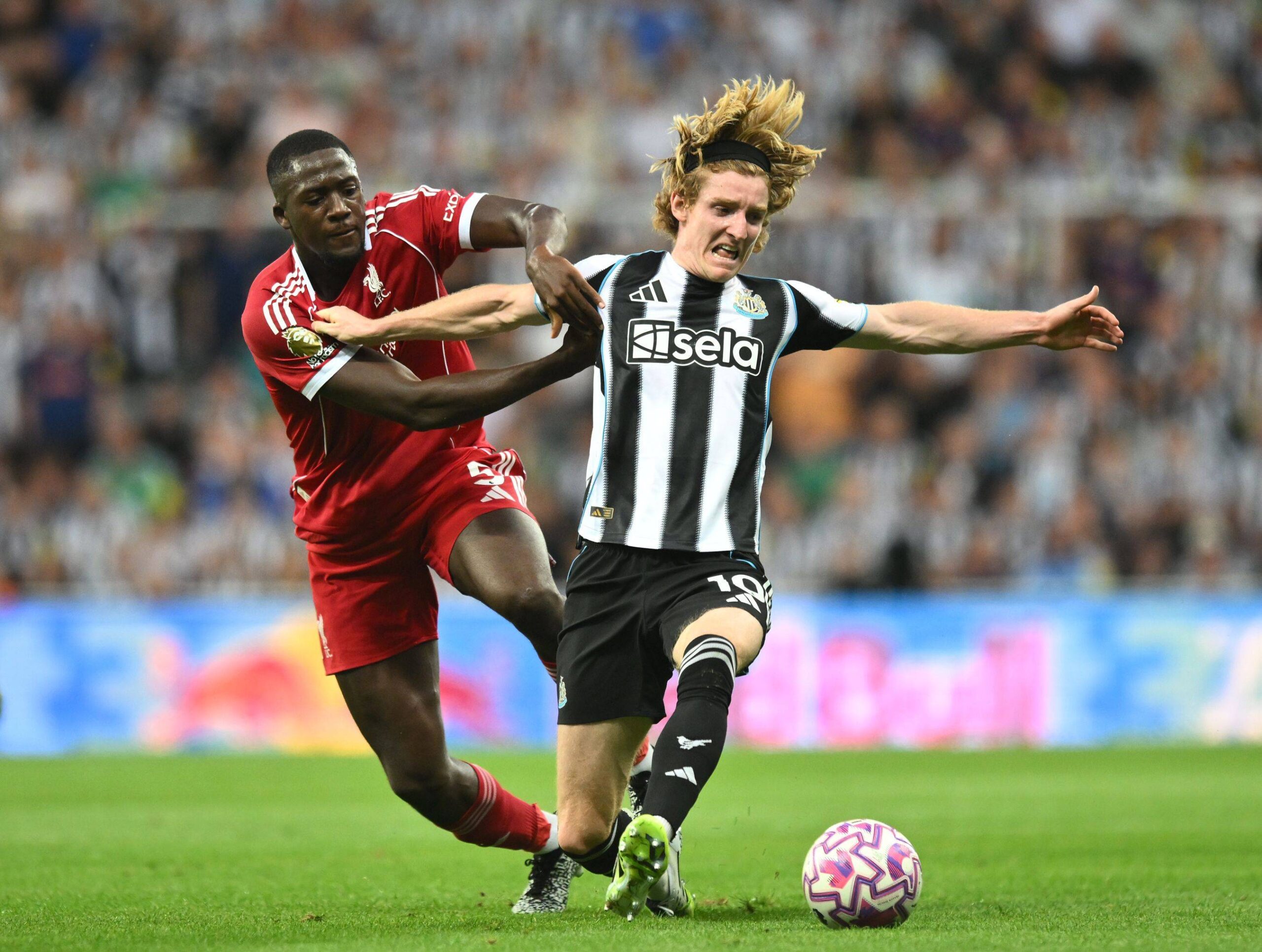Slot focused on tightening Liverpool’s defending ahead of United clash
Arne Slot has built a reputation for detail, organisation and intensity. Yet even for a coach with such precision in his approach, Liverpool’s recent defensive form has been an unwelcome distraction from an otherwise promising start to the season.
Speaking ahead of the Premier League meeting with Manchester United, Slot admitted that his side are still adapting to his methods — particularly when it comes to defensive structure. While Liverpool remain among the most productive attacking sides in Europe, it is the number of goals conceded that continues to concern the Dutchman.

Slot’s early assessment of Liverpool’s progress
Reflecting on the opening weeks of the campaign, Slot acknowledged that his team’s chance creation has slightly dipped from last season, though the underlying data remains encouraging. “We don’t create as many chances as we did at the start of last season,” he said. “But we are still the team that, from open play, produces the most xG and shots on target.”
That statistic speaks to Liverpool’s ongoing attacking threat. Under Slot, their pressing remains sharp and their transitions quick, but the coach is aware that the same sharpness must now be applied in defensive phases. “We are conceding too many goals,” he admitted. “Nine in total — four from set pieces — but that doesn’t reflect the overall number of chances we’ve allowed.”
Addressing defensive frailties in open play
Slot identified two recurring issues: crosses and counter-attacks. “The other five goals came from fast breaks and open play. We are conceding too many crosses, and that is something we need to address,” he explained. Liverpool have faced a growing number of long balls, with opponents increasingly targeting quick transitions and aerial deliveries to exploit space behind their high defensive line.
It’s a familiar challenge for a team that thrives on front-foot football. Slot’s Liverpool are at their best when pressing high, compressing space and forcing turnovers. But when that press is broken, gaps appear — and teams have found joy attacking directly down the flanks. The Dutchman’s tactical emphasis now appears to be shifting slightly towards greater control and balance, ensuring Liverpool can defend transitions more effectively without losing their attacking edge.
Path to defensive improvement
Slot’s focus is not on personnel but on habits: the timing of presses, the distances between lines, and the positioning when possession is lost. Training sessions at Kirkby have reportedly placed greater emphasis on recovery runs and zonal positioning during opposition counter-attacks.
Slot’s past record at Feyenoord offers encouragement. His sides were known for blending aggression with defensive structure, and his ability to fix systemic flaws mid-season is well documented. That adaptability will be crucial if Liverpool are to maintain their push at the top end of the Premier League table while keeping clean sheets that match their attacking output.
As Slot continues to shape his Liverpool project, the next phase will depend on refining the defensive details that separate good teams from great ones. The Dutchman’s message is clear: control the moments without the ball, and the rest will follow.



